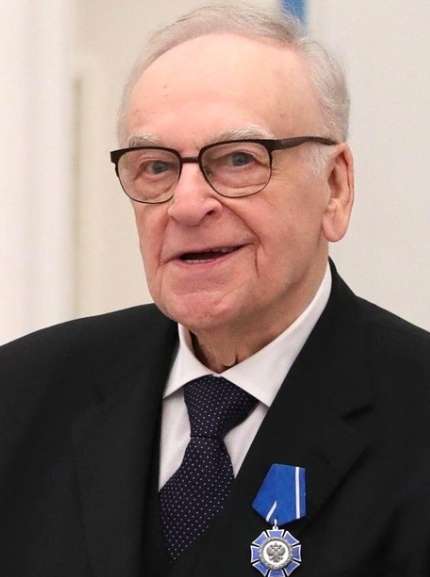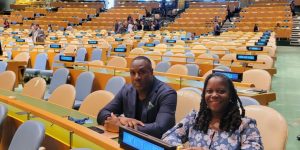Moscow General Targeted by Scooter Bomb, Chemical Weapons Expertise Suspected.
The assassination of Igor Kirillov, head of Russia’s Radiation, Chemical and Biological Protection Troops, has ignited a firestorm of accusations and counter-accusations, further escalating the tension surrounding the ongoing conflict in Ukraine. Kirillov, a prominent figure in the Russian military, was killed by an explosive device planted in an electric scooter outside his Moscow residence, an act Ukraine’s SBU security service swiftly claimed responsibility for, labeling him a “war criminal” and the operation a targeted strike against a key figure in Russia’s alleged chemical warfare program. This brazen attack deepens the already entrenched animosity between the two nations, with Russia portraying Kirillov as a patriotic officer exposing Western “crimes” while the West casts him as a disseminator of Kremlin disinformation and a potential overseer of chemical weapons deployment in Ukraine.
Kirillov’s role extended beyond mere rhetoric. He held the command of the Timoshenko Academy and, since 2017, the Radiation, Chemical, and Biological Protection Troops, a unit tasked with both hazard protection and the utilization of incendiary weapons, including thermobaric warheads. This dual function placed Kirillov at the center of accusations leveled by the UK Foreign Office, alleging his involvement in deploying chemical weapons, such as riot control agents and the choking agent chloropicrin, against Ukrainian forces. These accusations, coupled with Kirillov’s frequent and often controversial public briefings, solidified his image as a key player in the information war surrounding the conflict, further fueling the divide between Russia and the West.
The timing of Kirillov’s assassination adds another layer of complexity to the situation. Just prior to his death, the SBU announced that Kirillov had been formally charged in absentia for the “mass use” of prohibited chemical weapons in eastern and southern Ukraine. The SBU cited over 4,800 instances of alleged chemical munitions use by Russian forces since February 2022, claiming that toxic substances were deployed through drone attacks and combat grenades. This indictment, followed immediately by his assassination, raises questions about the potential connection between the two events and whether the SBU’s announcement served as a precursor to the targeted killing.
The conflicting narratives surrounding Kirillov’s death highlight the deeply polarized perspectives on the conflict. Russia views him as a dedicated officer unjustly targeted, while Ukraine and its Western allies paint him as a culpable participant in war crimes. This divergence underscores the challenges in establishing a clear and unbiased understanding of the events unfolding in Ukraine, as each side presents its own interpretation, often tinged with propaganda and aimed at bolstering their respective positions. The accusations of chemical weapons use, whether substantiated or not, add a particularly grave dimension to the conflict, raising concerns about escalating brutality and the potential for further violations of international law.
The assassination itself, carried out within Russia’s capital city, demonstrates the escalating stakes and the vulnerability of even high-ranking military officials. The use of an electric scooter as a delivery mechanism for the explosives highlights the innovative and adaptable tactics employed in this conflict, blurring the lines between conventional warfare and targeted assassinations. This incident raises concerns about the security situation within Russia and the potential for further acts of violence within its borders, potentially escalating the conflict beyond the battlefields of Ukraine.
The death of Igor Kirillov represents more than just the loss of a military leader; it symbolizes the deepening chasm between Russia and Ukraine, fueled by accusations of war crimes, disinformation campaigns, and escalating violence. It serves as a stark reminder of the complex and multifaceted nature of the conflict, where truth often becomes a casualty of war, and the pursuit of justice is entangled in a web of conflicting narratives. The fallout from this assassination will undoubtedly have a profound impact on the trajectory of the conflict, further intensifying the animosity between the two nations and potentially leading to further escalation of hostilities.
Share this content:











Post Comment